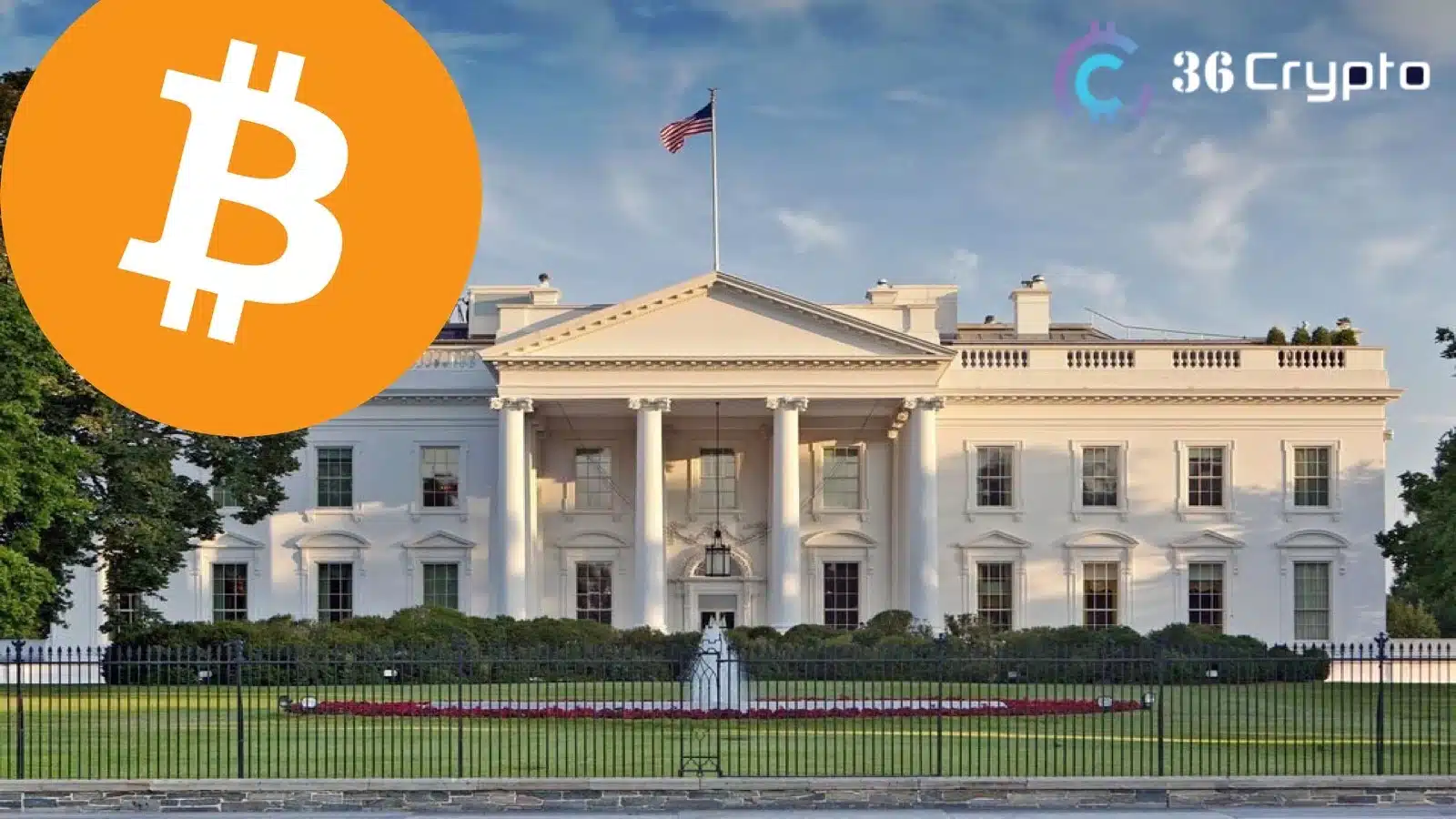Last updated on May 18th, 2024 at 12:56 pm
A recent report from WSJ has revealed that the U.S. government holds a significant amount of Bitcoin to the tune of $5 billion. Per the report, 200,000 Bitcoins have been stashed by the U.S. government following seizures and crackdown on cybercriminals and darknet markets.
In an interesting development, the Wall Street Journal has revealed that the United States government holds a staggering $5 billion in Bitcoin. The massive amount of Bitcoin was amassed as a result of a strategic effort to bring down cybercrime and illegal online activities.
U.S. Government Holds the Largest Bitcoin Stash in the World
According to WSJ, the U.S. government has become the world’s largest Bitcoin holder after accumulating 200,000 Bitcoins. The holding which is valued at $5 billion at press time, is a result of three seizures from cybercriminals.
One significant example is the Bitfinex cyber attack incident. Recall that the Justice Department was able to secure a sizeable sum of Bitcoin as a result of the intervention in the Bitfinex cyberattack, which took close to six years to complete.
Also, the crackdown on Silk Road – a notorious online drugstore, in 2013 resulted in the seizure of a substantial amount of Bitcoin by the U.S. government. Furthermore, attacks on individuals involved in cybercrime activities like the case against Ilya Lichtenstein and his wife, Heather Morgan also contributed to the government’s Bitcoin holdings.
These three cases pointed out by the WSJ are just a few of the notable ones. The U.S. government continuously adds to its vast Bitcoin reserve through other consistent operations.
The seized Bitcoin is mainly stored in various hardware wallets controlled by several government agencies including the Justice Department, Internal Revenue Service (IRS), and the Ministry of Finance.
However, it is important to note that the way the American government handles confiscated Bitcoin is different from how it handles other seized property. A cryptocurrency asset does not instantly become state property when a government agency seizes control of it.
The government only assumes title and transfers the tokens to the U.S. Marshals Service, the primary agency in charge of selling seized property, if a judge makes a final forfeiture order.
The potential effect and outcome of the report on the crypto community is yet to be seen. Investors are eagerly waiting to see how it all turns out in the end.
